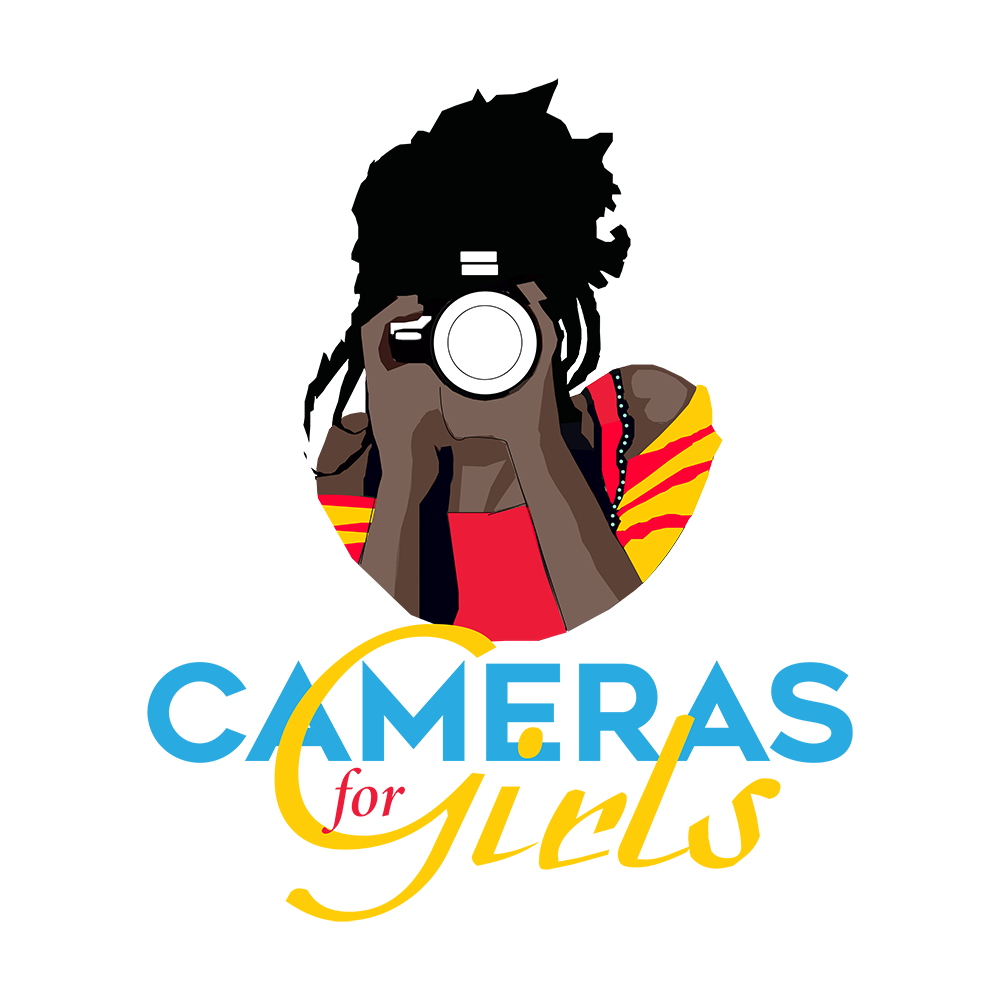Cameras For Girls Works For Gender Equality Through Photography
When I started Cameras For Girls, I did not have in mind themes such as gender equality, female empowerment, alleviation of poverty or even that we would help our students improve their lives using photography as a medium.
I had a goal to teach photography to local females in my home country of Uganda, and I had no idea where this journey would take me or my initiative. Three years later, everything we do and every female we service has the UN Sustainable Development Goals in mind. We use photography as our medium, but we do so much more than that. Cameras For Girls works for gender equality through photography.
We recently won a spot in the Social Tourism Competition for our for-profit side, Triple F Photo Tours. Thankfully, we get to further develop our non-profit work in conjunction with the mentoring we receive.
Check out the competition
OUR TRAINING IS MORE THAN PHOTOGRAPHY BASED
Aside from photography training, we also teach our students business skills and help them build a resume, cover letter and Linkedin profile. Our goal at the end of the day is to provide skills-based training so that these females can get full-time work. By empowering our female students with photography and business skills training, we enable them to take charge of their world and change it from the inside out.
In Uganda, where our work is currently focused, women are not given the same rights as males. For instance, a male will get a job in journalism simply because he is male, regardless of his training and experience. On the other hand, a female must own a camera, know how to use it, and have the skills and knowledge to get a foot in the door.
Aside from employment challenges, females face everyday challenges such as getting to and from work safely without being sexually intimidated or harassed. They might be working the fields instead of studying because their families cannot afford to educate them or choose to educate their boys over the girls simply because that’s the norm. They also might be married off just after hitting puberty because their families cannot afford to house, clothe or feed them.
The students who we train have made it to higher education, but not without having to make sacrifices you and I would never imagine.
Amina teaching the 2019 cohort in Kampala, Uganda
OUR PROGRAMMING FITS THE NEEDS OF OUR STUDENTS
As we develop and grow and expand our programming into other markets, we must fit the needs of the students and not the other way around; thus, we continue to evolve and develop our training to meet that need.
In many developing nations, education is not free, and even with free education, English training is rudimentary. For instance, English is not the first language in many of these countries, so we provide a Free English Literacy program provided to us by our friends at Rotary International. Our students can improve their English, and can now they can give this free resource to their children, thereby helping to change the face of poverty through access to education.
Brandy studying how to set up her camera, Kampala, Uganda
THE ART OF STORYTELLING IS NOT LOST IN UGANDA
The power of storytelling has been passed down from generations, and in most developing countries, this ability to tell stories is a time-honoured tradition.
In Uganda, the best part of our training is the art of storytelling using the camera as a tool. Our students get very excited about this exercise. They get the opportunity to visit their village and listen to stories. They may have heard these stories countless times, but now they listen with a new perspective and way to capture those stories through visual storytelling or photojournalism. Skills and tools that will become useful in a real job setting.
A child in the slums where we had our photography workshop @Amina Mohamed Photography
FUTURE PLANS FOR EMPOWERING FEMALES THROUGH PHOTOGRAPHY
Empowering females is crucial in a world that stills struggles with gender inequality. Empowering our female students with photography and business skills enables her to fight for her rights for a job and be paid as equally as possible to her male counterpart. The pay gap amounts to a 17% difference, which tells us there is still much work to do in this area.
We have plans to expand our programming into other developing nations. We are starting with Costa Rica. Costa Rica would be considered a success compared to Uganda and their movement for gender equality; however, even then, there is still much work to do to level the playing field and/or improve the odds for their females.
We look forward to updating you on our plans for Costa Rica and other countries on our list.
Do you want to bring Cameras For Girls to your country? Do you see a fit for your female population where we can empower them through photography? Kindly reach out via [email protected], and let’s have a discussion.



